AI Answer Evaluation Platform Live Now. Try Free Answer Evaluation Now

Jajmani System
The Jajmani System is an ancient socio-economic institution in India, primarily observed in rural areas
+91-7303290503, +91-9557169661 | MON to SUN 10:00 AM - 6:00 PM

The Jajmani System is an ancient socio-economic institution in India, primarily observed in rural areas

Sanskritization is one of the most important concepts in Indian sociology and anthropology

The Scheduled Castes (SCs) of India are an integral part of the social fabric, encompassing a variety of marginalized groups and communities. The concept, criteria, and problems associated with Scheduled Castes are

The Janmi system, a traditional agrarian land ownership system prevalent in parts of southern India, particularly Kerala, involves complex

India, often referred to as a subcontinent, presents a fascinating canvas of unity and diversity. Encompassing an array of cultures, languages, traditions, and religions, the nation stands as a testimony to cohesiveness amid differences [1]. Historical Perspective Pre-Colonial Era Colonial…
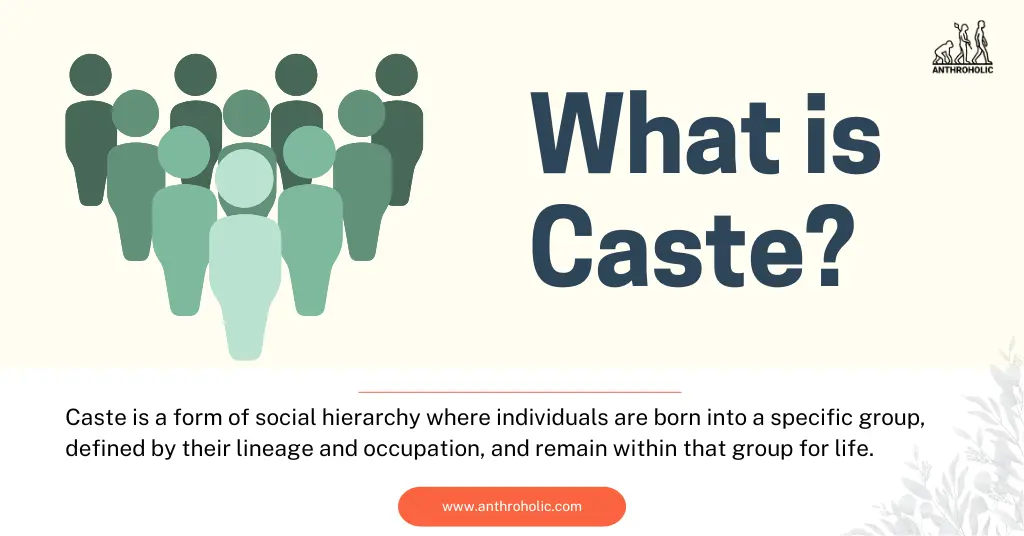
Caste is a form of social hierarchy where individuals are born into a specific group, defined by their lineage and occupation, and remain within that group for life.

Kyasanur Forest Disease (KFD), also known as Monkey Fever, is a tick-borne viral hemorrhagic fever endemic to South Asia. Originating from the Kyasanur Forest in Karnataka, India, KFD has serious implications on the socio-economic, cultural, and health dimensions of affected communities.
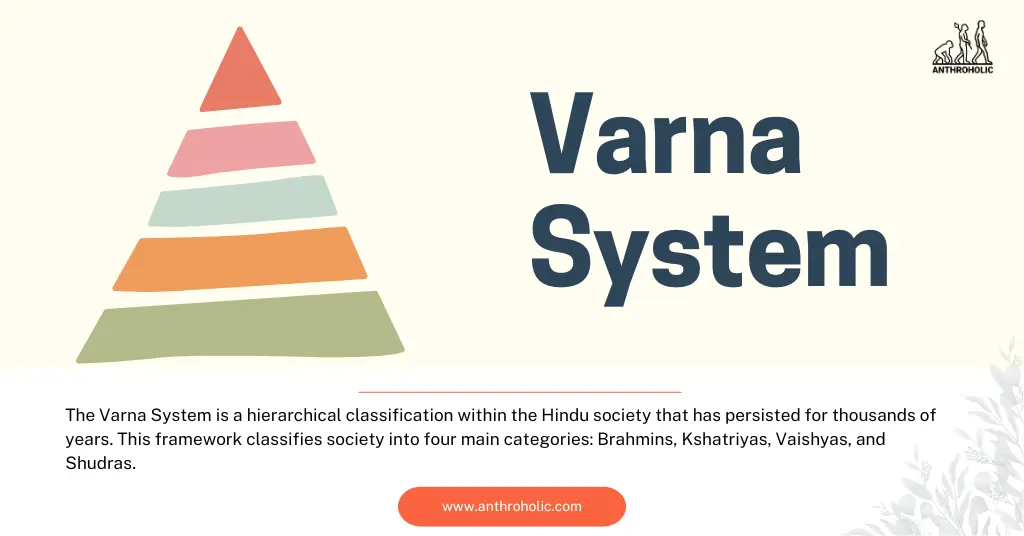
The Varna System is a hierarchical classification within the Hindu society that has persisted for thousands of years. This framework classifies society into four main categories: Brahmins, Kshatriyas, Vaishyas, and Shudras.
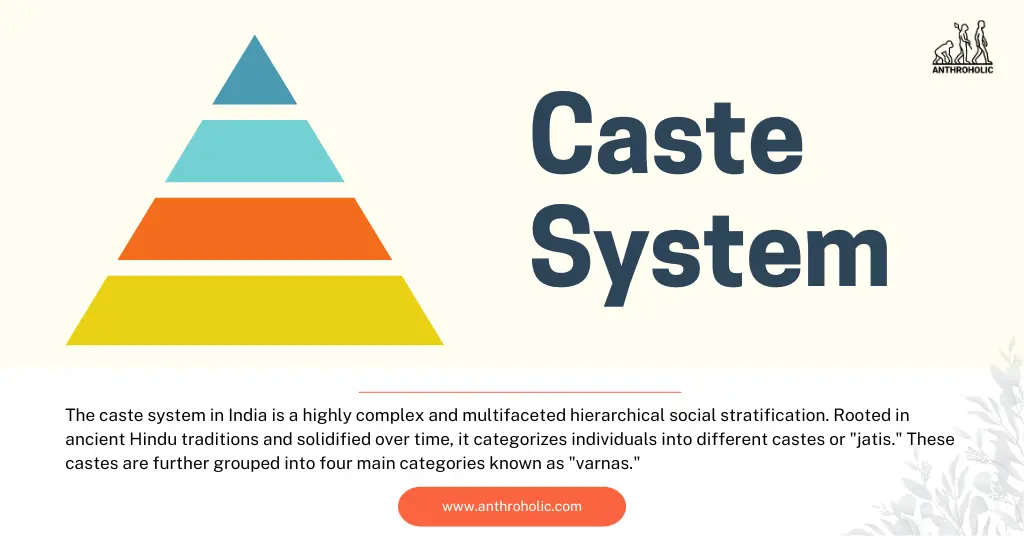
The caste system in India is a highly complex and multifaceted hierarchical social stratification. Rooted in ancient Hindu traditions and solidified over time, it categorizes individuals into different castes or "jatis."
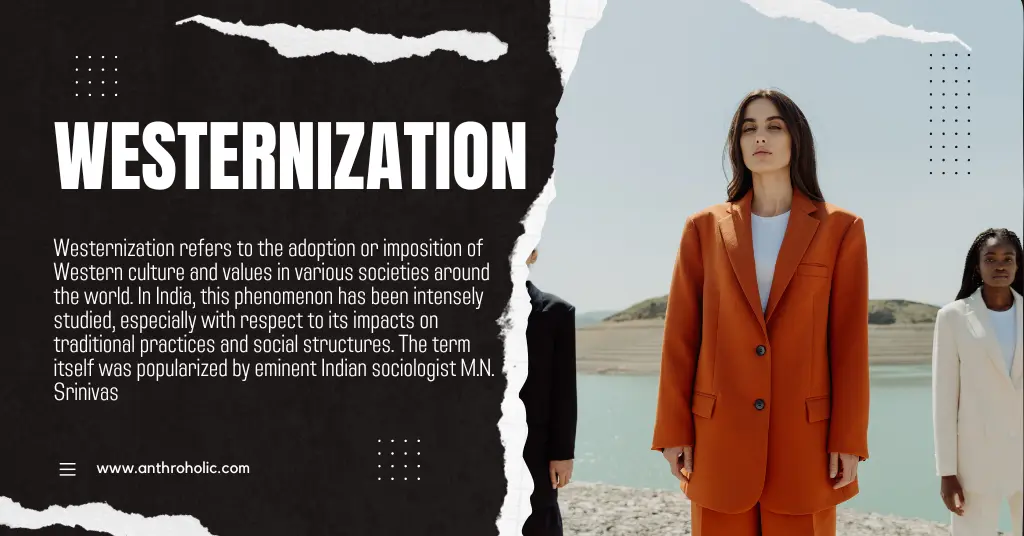
Westernization refers to the adoption or imposition of Western culture and values in various societies around the world. In India, this phenomenon has been intensely studied, especially with respect to its impacts on traditional practices and social structures.
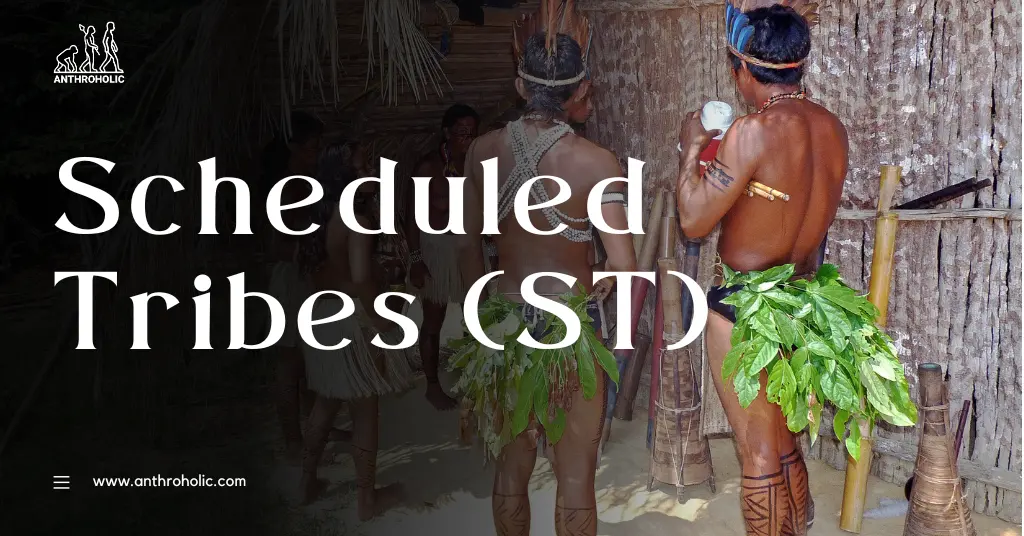
The concept of Scheduled Tribes (ST) in India represents an essential facet of the nation's social fabric. Classified under the Constitution, Scheduled Tribes are communities with unique cultural identities, traditions, and geographical isolation